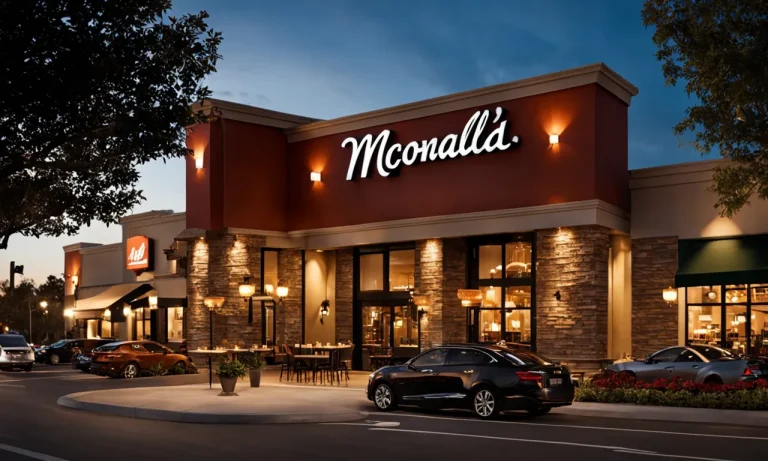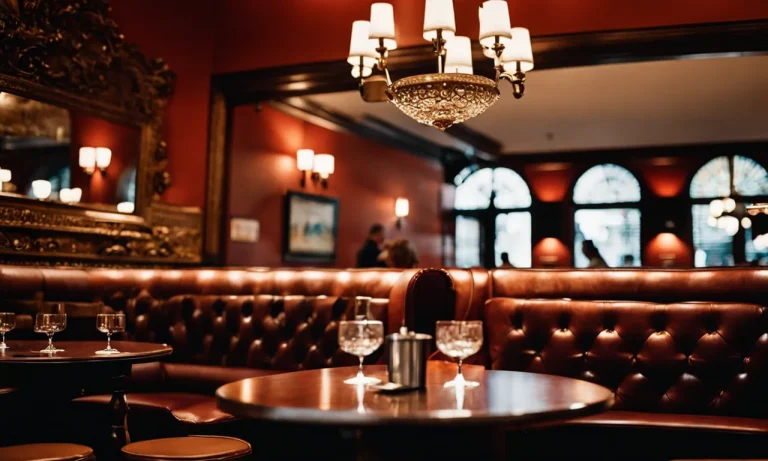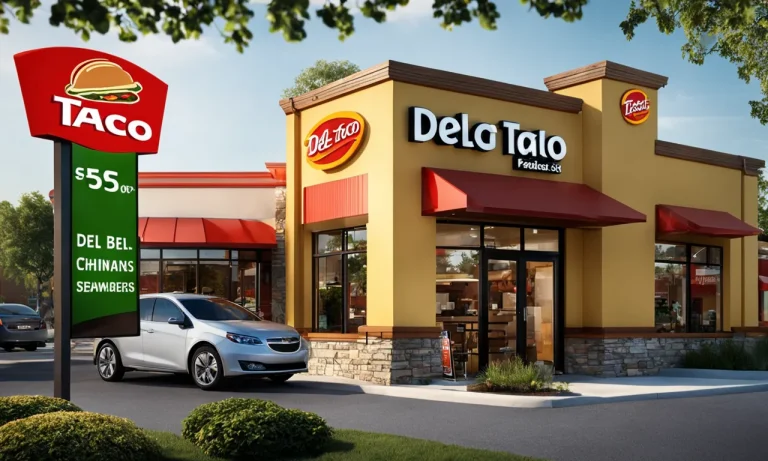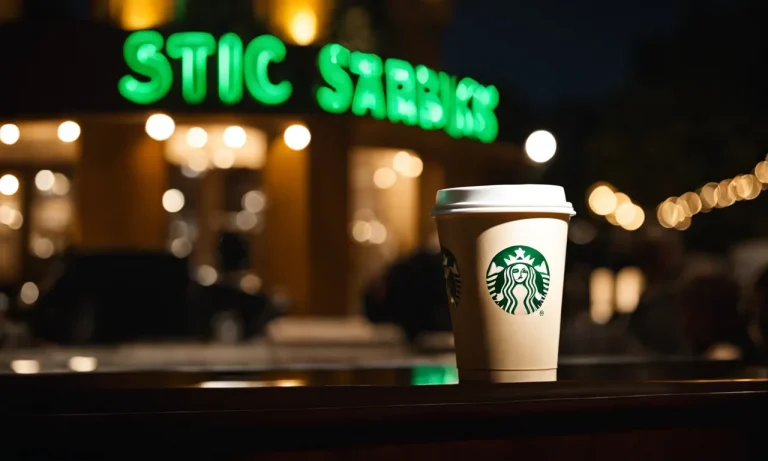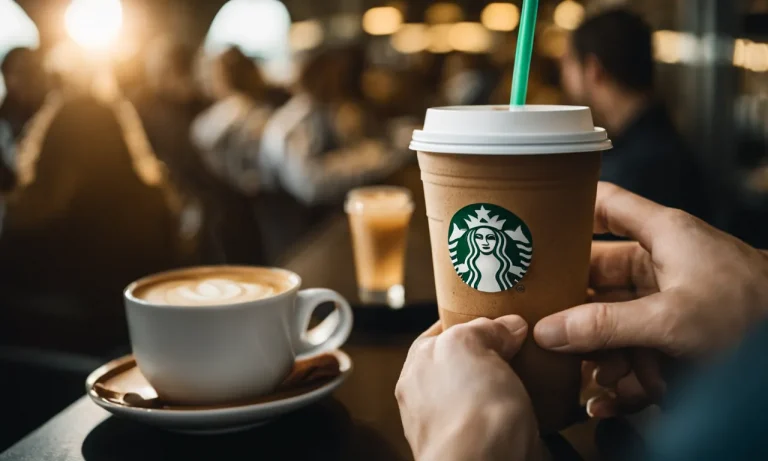Turning 21 is a rite of passage for many young adults in the United States. Finally being able to legally buy alcohol is an exciting new freedom. But what if you’re under 21 and want to have an alcoholic drink with a meal at a restaurant?
Can your parents buy alcohol for you if you’re under the legal drinking age? The laws surrounding this question are complex and vary by state.
If you’re short on time, here’s a quick answer: In most cases, no, parents cannot legally buy alcohol for their underage children at restaurants. There are some exceptions, but as a general rule, this is prohibited under the legal drinking age laws of most states.
Federal and State Laws Regarding Underage Drinking
When it comes to underage drinking, both federal and state laws play a crucial role in regulating the consumption of alcohol by individuals who are under the legal drinking age. These laws are in place to ensure the safety and well-being of young people, as alcohol can have serious health and social consequences when consumed irresponsibly.
Minimum Legal Drinking Age Act
The Minimum Legal Drinking Age (MLDA) Act, which was passed by the United States Congress in 1984, sets the minimum legal drinking age at 21 years old nationwide. Under this act, it is illegal for anyone under the age of 21 to purchase, possess, or consume alcohol in the United States.
The MLDA Act also prohibits individuals over the age of 21 from furnishing alcohol to individuals who are under the legal drinking age.
This federal law was enacted to address the issue of drunk driving among young people, as studies have shown that raising the drinking age has led to a decrease in alcohol-related traffic fatalities. It is important to note that the MLDA Act applies to all states and violations can result in legal consequences, including fines and the suspension of driving privileges.
State Underage Drinking Laws and Furnishing Alcohol to Minors
In addition to the MLDA Act, each state has its own set of laws regarding underage drinking and the furnishing of alcohol to minors. These laws vary from state to state and can include additional regulations and penalties.
Some states have strict laws that impose criminal charges on individuals who furnish alcohol to minors, while others may have more lenient laws that focus on education and prevention rather than punishment.
It is important for both parents and young people to familiarize themselves with the laws in their state to ensure compliance and avoid any legal repercussions.
Parents may wonder if they can buy alcohol for their underage children at a restaurant, thinking that it is a controlled environment. However, it is essential to note that even if a parent is present, it is generally illegal for a restaurant or establishment to serve alcohol to someone who is under the legal drinking age.
It is always best to check the specific laws and regulations of the state in question to avoid any legal issues.
Exceptions Where Parents Can Legally Provide Alcohol
While it is generally illegal for parents to buy alcohol for their underage children, there are a few exceptions to this rule. In certain circumstances, parents may legally provide alcohol to their children, typically in specific settings or situations. Here are a few examples:
Religious Ceremonies Exception
In some religious ceremonies, it is customary for children to consume alcohol under the supervision of their parents. This exception is often recognized and allowed by law as it is considered a part of religious rituals and traditions.
However, it’s important to note that this exception only applies to religious ceremonies and does not extend to other social gatherings or events.
Private Residences
Another exception where parents can legally provide alcohol to their children is within the confines of a private residence. This means that if a parent hosts a party at their home and serves alcohol to their own underage children, it is generally not considered illegal.
However, it’s important to note that this exception may vary depending on local laws and regulations, so it’s always advisable to check with your local authorities for specific guidelines.
Overseas Military Bases
Parents who are members of the military and stationed overseas may have certain allowances when it comes to providing alcohol to their underage children. Many overseas military bases have specific regulations that allow parents to provide alcohol to their children, given that it is done responsibly and in a controlled environment.
These regulations are in place to provide a sense of normalcy for military families living abroad.
It’s worth mentioning that these exceptions should not be taken lightly and should only be exercised responsibly and within the boundaries of the law. Always remember that underage drinking can have serious consequences and it’s important to prioritize the well-being and safety of young individuals.
Consequences for Providing Alcohol to Minors
While it may seem harmless to allow parents to buy alcohol for their underage children at a restaurant, there are serious consequences for those who provide alcohol to minors. These consequences are in place to protect the wellbeing of young individuals and maintain the integrity of the law.
Fines and Jail Time for Providers
Individuals who provide alcohol to minors can face hefty fines and even jail time. The exact penalties vary depending on the jurisdiction and the circumstances of the offense. In some states, providers can be fined up to $1,000 or more for a first-time offense.
Repeat offenders may face even higher fines and longer periods of incarceration. It is important to remember that ignorance of the law is not a valid defense, so it’s crucial to understand the legal consequences before considering providing alcohol to minors.
Loss of Liquor Licenses for Restaurants
Restaurants and establishments that sell alcohol can also face severe consequences for allowing parents to buy alcohol for their underage children. In many jurisdictions, establishments can lose their liquor licenses if they are found to be in violation of alcohol laws.
This means a significant loss of revenue for the business and can even lead to closure in some cases. The authorities take the responsibility of serving alcohol to minors very seriously, and restaurants must be diligent in preventing such practices.
Penalties for Underage Drinkers
Underage individuals who consume alcohol, even if it was provided by their parents at a restaurant, can also face penalties. These penalties vary depending on the jurisdiction and can range from fines and community service to mandatory alcohol education programs.
Additionally, underage drinkers may face consequences such as suspension of driver’s licenses or restrictions on participating in certain activities. It’s important for young individuals to understand that even with parental consent, consuming alcohol before the legal drinking age can have serious legal repercussions.
Practical Considerations for Restaurants
Carding Policies
When it comes to serving alcohol to customers, restaurants must uphold strict carding policies to ensure that they are not serving underage individuals. These policies vary from one jurisdiction to another, but most establishments require servers to ask for identification from anyone who appears to be under the legal drinking age.
In some places, servers may be required to card anyone who appears to be under 40 years old, while in others, it may be necessary to card anyone who appears to be under 30. It is important for restaurants to familiarize themselves with the specific laws and regulations in their area to avoid potential fines or legal issues.
Server Training
Properly training servers is crucial in ensuring that they understand and adhere to the carding policies of the restaurant. This includes educating them on the legal drinking age, how to spot fake or altered identification, and how to handle situations where the age of a customer is ambiguous.
Servers should be taught to handle these situations with tact and professionalism, while still prioritizing the safety and compliance of the establishment. Ongoing training and refresher courses can help keep servers up to date with any changes in laws or regulations.
How to Handle Ambiguous Situations
There may be instances where the age of a customer is not immediately clear, leading to an ambiguous situation for the server. In such cases, it is important for the server to err on the side of caution and request identification.
If a customer claims to be of legal drinking age but does not have identification, the server should politely inform them that they are unable to serve them alcohol without proper proof of age. It is better to inconvenience a customer temporarily than to risk serving alcohol to a minor, which could have serious consequences for the restaurant.
Restaurants should have clear guidelines in place for handling these ambiguous situations and provide support to their servers to ensure that they feel confident in enforcing their carding policies. Regular communication between management and staff can help address any concerns or questions that may arise.
Social and Ethical Considerations
When it comes to parents buying alcohol for their underage children at a restaurant, there are several social and ethical considerations to take into account. These considerations revolve around the potential risks of underage drinking, the role modeling aspect, and the liability issues that may arise.
Underage Drinking Risks
Underage drinking poses significant risks to the physical and mental health of young individuals. Research has shown that early alcohol consumption can lead to a higher likelihood of developing alcohol-related problems later in life.
Young people who engage in underage drinking are more prone to alcohol dependency, impaired judgment, and risky behaviors such as drunk driving.
According to the Centers for Disease Control and Prevention (CDC), underage drinking is linked to various negative consequences, including academic problems, injuries, violence, and even death. It is important for parents to consider these risks and make responsible decisions regarding alcohol consumption for their children.
Role Modeling
Parents play a crucial role in shaping their children’s behaviors and attitudes. By providing alcohol to their underage children, parents may inadvertently send the message that drinking at a young age is acceptable or even encouraged.
This can influence their children’s perception of alcohol, leading to a higher likelihood of engaging in risky behaviors in the future.
It is essential for parents to be positive role models and promote responsible drinking habits. This includes setting clear expectations, discussing the potential risks of alcohol consumption, and encouraging open communication with their children about the topic.
Liability Issues
From a legal standpoint, parents who buy alcohol for their underage children at a restaurant may face liability issues. In many jurisdictions, it is illegal to provide alcohol to individuals under the legal drinking age.
By purchasing alcohol for their underage children, parents may be held responsible for any negative consequences that arise from the underage drinking, such as accidents, injuries, or legal troubles.
Restaurants and establishments that serve alcohol also have a legal obligation to ensure that they do not serve minors. By knowingly serving alcohol to underage individuals, they can face legal repercussions, such as fines or the loss of their liquor license.
Conclusion
While wanting to share a glass of wine with your child over dinner may seem harmless, in most cases it is illegal for parents to directly provide alcohol to their underage children at restaurants. The legal drinking age laws aim to protect young people and communities from the risks of underage alcohol consumption.
As a parent, it is best to avoid buying alcohol for your child until they reach the legal age, no matter how mature they may seem. Instead, focus on setting a responsible example regarding alcohol. If you have further questions, be sure to look up the specific liquor laws in your state and when in doubt, refrain from providing alcohol to those under 21.

